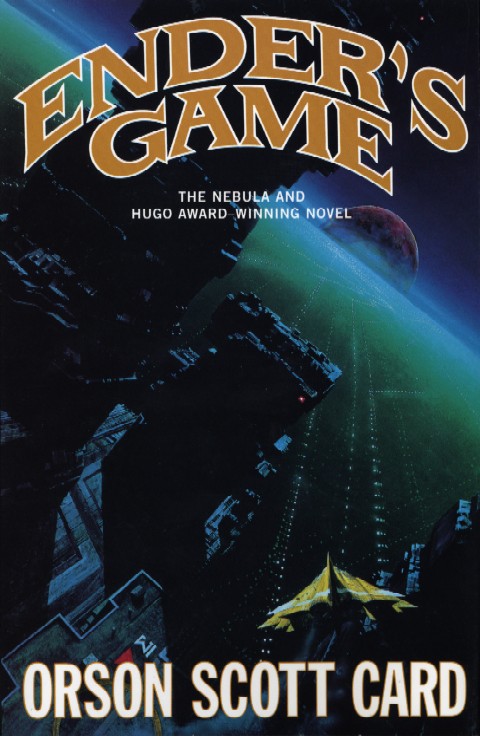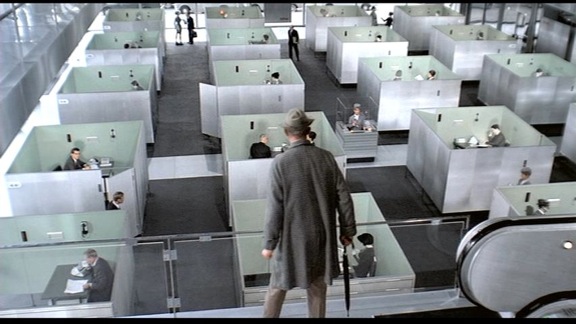
Ender's Game is an award winning science-fiction novel from 1985, written by Orson Scott Card. In Sun Tzu to Xbox, Ed Halter cites Ender's game as a major inspiration for current military and game strategy. The novel is mainly about child soldiers being sent to space for battle training against an alien race. The government sends its most promising children into battle room training, "which takes the form of video games, both two-dimensional and holographic, as well as laser-tag style low-gravity faux-death matches" (Halter, 154). In the end, it is discovered that these games were more than just simulations. The simulations operate as remote battles being fought against the alien enemy. Ender, the novel's main character, effectively wins the war for Earth and destroys the alien race all through the means of rather grueling virtual immersion.
In considering our military involvement in Iraq and Afghanistan it becomes quite clear how this book would be inspirational towards the future of combat training. It outlines complete immersion within the training environment, soldiers must focus on creative solutions to the tasks at hand. This type of experiential learning is much different then what a soldier of the past may have read to learn about. I would imagine that the soldier feels and reacts the the environment, he or she is in there. Training is most importance to the leaders, and the see video games as the new learning environment of the youth. The virtual environment is a place to play out roles and witness the repercussions but I wonder if training in a virtual environment of such a period of time won't create some form of dependence on the virtual scenario or a complete disregard for the risks of warfare. The risks are not real in virtual war. The lines between real war and virtual war become blurred, therefore real people and real death become sidelined, the soldier may become disillusioned than they one already is in a real war environment.

No comments:
Post a Comment